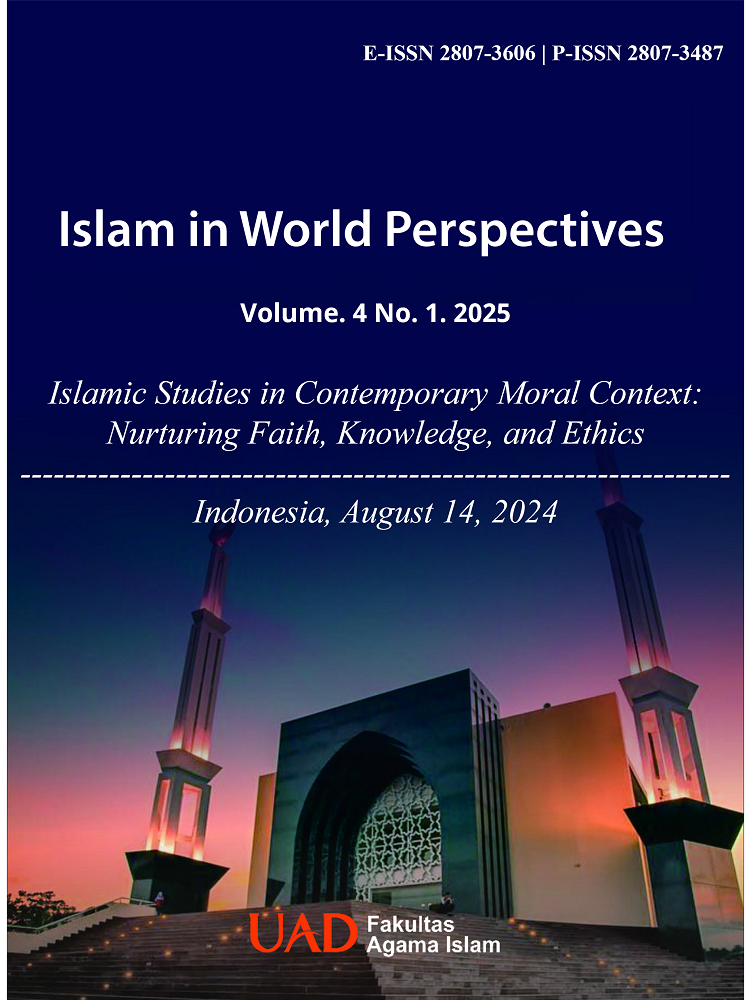Development of animated video media to improve adaptive behavior of MTsN 1 Tuban
DOI:
https://doi.org/10.26555/iwp.v4i1.11486Abstract
The problem of this research is that the learning media used in the teaching and learning process have not been able to increase students' adaptive abilities significantly, so innovation in learning media is needed that can improve students' adaptive abilities. By using animated video media, it is hoped that it can improve students' adaptive abilities. This research is development research aimed at producing animated video learning media that is valid, practical and effective. The type of research that the author uses is research and development using the 4-D development model. From research conducted by the author at MTsN 1 Tuban (1), the assessment results obtained from each validator were 98% media expert validators, and 92.3% material expert validators. (2) the practicality test of the teacher response questionnaire assessment obtained a percentage of 94.2%, and the student response questionnaire obtained a percentage of 85.5%. (3) effectiveness test based on the results of the pretest post-test, it was obtained that students' adaptive abilities scored 100% complete. This proves that students experienced improvement after the Gain Normality Test was carried out.
Downloads
Published
Issue
Section
License
Copyright (c) 2024 Hilwa Safira, Siti Nurjanah, Eko Wahid

This work is licensed under a Creative Commons Attribution-ShareAlike 4.0 International License.
Authors who publish with Islam in world perspectives agree to the following terms:
- Authors retain copyright and grant the journal right of first publication with the work simultaneously licensed under a Creative Commons Attribution License (CC BY-SA 4.0) that allows others to share the work with an acknowledgment of the work's authorship and initial publication in this journal.
- Authors are able to enter into separate, additional contractual arrangements for the non-exclusive distribution of the journal's published version of the work (e.g., post it to an institutional repository or publish it in a book), with an acknowledgment of its initial publication in this journal.
- Authors are permitted and encouraged to post their work online (e.g., in institutional repositories or on their website) prior to and during the submission process, as it can lead to productive exchanges, as well as earlier and greater citation of published work.

This work is licensed under a Creative Commons Attribution-ShareAlike 4.0 International License.



